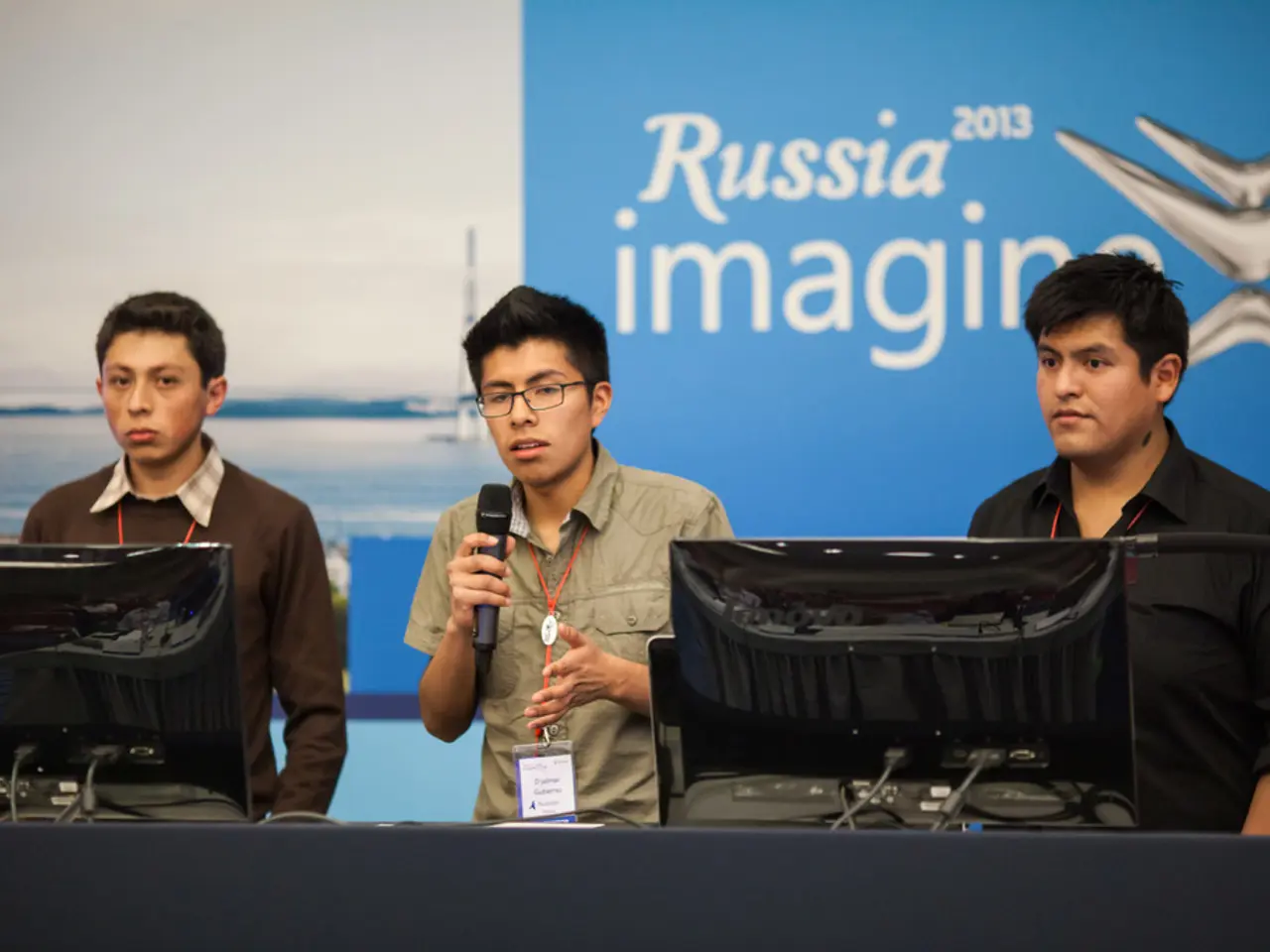Persistent skills shortages pose a significant alarm for leaders, given the increasing dominance of AI and tech, impeding growth
In a rapidly evolving business landscape, the importance of connecting skills to every facet of business strategy cannot be overstated. According to recent surveys, AI skills are identified as the biggest problem for UK firms, with 30% of business leaders reporting significant AI skills gaps. This trend is not unique to the UK, as HR and L&D professionals in the US, UK, Germany, and Australia are also concerned about skill shortages.
The skills gap is a multifaceted issue. Respondents have criticized their current solutions for being fragmented, overly manual, and lacking customization. Moreover, 33% of respondents cited burnout as a barrier to transformation, and 26% of respondents cited employees being promoted without adequate preparation as a concern.
The survey also highlighted leadership, AI, and technology as the most significant skill shortages. Only 6% of the respondents rate their talent development systems as 'outstanding', and just 20% believe their talent strategies are aligned with organizational goals. This disconnect is further exacerbated by the fact that only 24% of respondents are using a consolidated platform approach that provides a clear view of workforce capability.
The situation is particularly challenging in Germany, where the largest AI competence gaps are found in traditional HR departments. McKinsey and the ZP Think Tank Innovation have highlighted that companies are accelerating AI adoption, particularly generative AI, which is expected to take over more than 60% of traditional HR tasks by 2030. This shift is prompting a reinvention of HR and leadership models.
The survey also revealed that only 10% of the professionals expressed full confidence in their workforce's skills to meet business goals. This lack of confidence is not unwarranted, as 41% of the workforce in the UK is resistant to change regarding AI. Many professionals are dissatisfied with the measures their organizations are taking to address the skills shortage, with 28% of respondents needing greater technical expertise for AI.
Nearly a third (28%) of the respondents identified skills as the key factor that could make or break their organization's growth. Consequently, leaders who understand their organization's strengths and gaps in skills will be positioned to adapt faster and stay competitive.
According to Ciara Harrington, chief people officer at Skillsoft, business transformation depends on the strength, adaptability, and skills of the workforce. Outdated and disconnected talent strategies and development programs are a common complaint among the respondents. The fear of losing top talent to more agile competitors is also a significant concern, with 33% of respondents expressing this fear.
In conclusion, the skills gap and AI challenges are significant issues that businesses worldwide are grappling with. To overcome these challenges, organizations need to adopt a more integrated and strategic approach to talent development, focusing on customized, consolidated, and adaptable solutions that meet the evolving needs of the workforce.
Read also:
- Understanding Hemorrhagic Gastroenteritis: Key Facts
- Trump's Policies: Tariffs, AI, Surveillance, and Possible Martial Law
- Expanded Community Health Involvement by CK Birla Hospitals, Jaipur, Maintained Through Consistent Outreach Programs Across Rajasthan
- Abdominal Fat Accumulation: Causes and Strategies for Reduction







